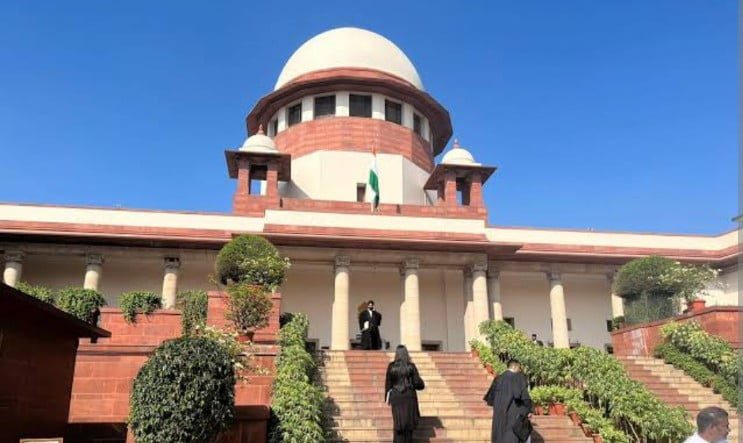Supreme Court Intervenes in State-Governor Disputes
The Supreme Court of India has taken a decisive step in addressing the escalating conflict between state governments and Governors. The court recently issued notices to the Union Ministry of Home Affairs and the Secretaries to the Governors of West Bengal and Kerala, seeking their responses to separate petitions filed by the respective state governments. These petitions challenge the Governors’ refusal to grant assent to bills and their subsequent referral of these bills to the President for consideration.
Legal Battle Over Governors’ Discretionary Powers
At the heart of these legal battles lies the question of the discretionary powers vested in Governors under the Indian Constitution. The state governments of West Bengal and Kerala contend that the Governors’ actions in withholding assent to bills and referring them to the President are an overreach of their authority, potentially undermining the principles of federalism and legislative autonomy.
West Bengal and Kerala Governments Seek Judicial Redress
In the case of Kerala, senior advocate K.K. Venugopal, representing the state government, argued before the Supreme Court that the Governor’s decision to refer bills for presidential consideration was unconstitutional and sought judicial intervention to resolve the impasse.
Similarly, the West Bengal government, represented by senior advocates Abhishek Singhvi and Jaideep Gupta, highlighted a recurring pattern wherein the Governor’s office consistently refers bills to the President whenever the matter is scheduled for hearing in the Supreme Court. This, they argued, raises concerns about the Governor’s motives and potential interference in the state’s legislative process.
Key Points from the Article
| Key Point | Description |
|---|---|
| Supreme Court Intervention | The Supreme Court has issued notices to the Centre and the Secretaries to the Governors of West Bengal and Kerala, seeking their responses to petitions filed by the state governments against the Governors’ actions. |
| Dispute Over Governors’ Powers | The petitions challenge the Governors’ refusal to grant assent to bills and their referral of these bills to the President, raising questions about the extent of their discretionary powers. |
| West Bengal and Kerala’s Concerns | The state governments of West Bengal and Kerala have expressed concerns about the Governors’ actions, alleging that they are overstepping their authority and interfering in the state’s legislative process. |
Export to Sheets
Summary: The Supreme Court’s intervention in the ongoing disputes between the state governments of West Bengal and Kerala and their respective Governors signifies a crucial development in Indian constitutional law. The court’s decision to seek responses from all parties involved underscores the seriousness of the issue and the need for a comprehensive examination of the Governors’ discretionary powers. The outcome of these cases will have far-reaching implications for the relationship between the Centre and the States in India’s federal structure.
Soumya Smruti Sahoo is a seasoned journalist with extensive experience in both international and Indian news writing. With a sharp analytical mind and a dedication to uncovering the truth, Soumya has built a reputation for delivering in-depth, well-researched articles that provide readers with a clear understanding of complex global and domestic issues. Her work reflects a deep commitment to journalistic integrity, making her a trusted source for accurate and insightful news coverage.



